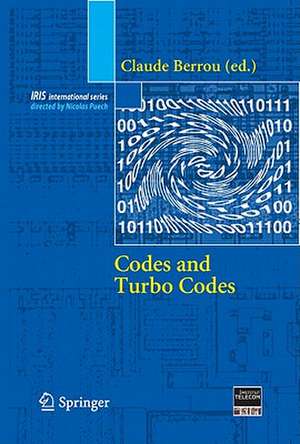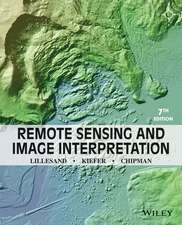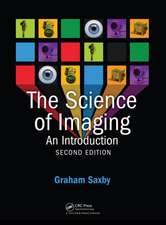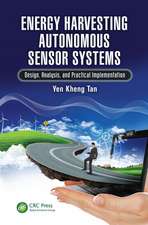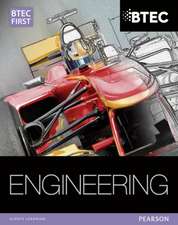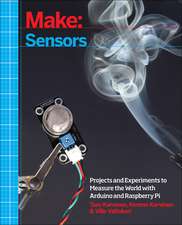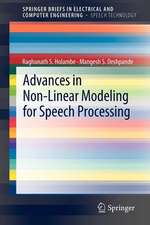Codes and turbo codes: Collection IRIS
Editat de Claude Berrouen Limba Engleză Paperback – 28 iul 2010
Preț: 651.19 lei
Preț vechi: 766.10 lei
-15% Nou
Puncte Express: 977
Preț estimativ în valută:
124.61€ • 133.25$ • 103.89£
124.61€ • 133.25$ • 103.89£
Carte tipărită la comandă
Livrare economică 18 aprilie-02 mai
Preluare comenzi: 021 569.72.76
Specificații
ISBN-13: 9782817800387
ISBN-10: 2817800389
Pagini: 436
Ilustrații: 400 p.
Greutate: 0.72 kg
Ediția:2010
Editura: Springer
Colecția Springer
Seria Collection IRIS
Locul publicării:Paris, France
ISBN-10: 2817800389
Pagini: 436
Ilustrații: 400 p.
Greutate: 0.72 kg
Ediția:2010
Editura: Springer
Colecția Springer
Seria Collection IRIS
Locul publicării:Paris, France
Public țintă
ResearchCuprins
Digital communications.- Theoretical limits.- Block codes.- Convolutional codes and their decoding.- Concatenated codes.- Convolutional turbo codes.- Turbo product codes.- LDPC codes.- Turbo codes and large spectral efficiency transmissions.- The turbo principle applied to equalization and detection.
Textul de pe ultima copertă
This book is devoted to one of the essential functions of modern telecommunications systems: channel coding or error correction coding. At the crossroads of information theory, mathematics and electronics, channel coding has undergone many developments since Claude Shannon's founding work. From the simple Hamming code (1950) and LDPC codes (1962) to the more recent turbo codes (1993), channel coding has evolved considerably and has incorporated ever more sophisticated concepts, especially the probabilistic processing of information.
The book's main topic is iteratively decoded algebraic codes, convolutional codes and concatenated codes, and it also presents digital modulation with which channel coding is closely associated to make up the heart of the physical layer of telecommunications systems. The most important theoretical aspects are given, and the building of codes is detailed and justified. Decoding algorithms are developed and, whenever possible, accompanied by simulation results characteristic of their correcting power.
The authors are researchers and lecturers recognised for their expertise in the field of encoding and decoding algorithms and associated circuits. Codes and Turbo Codes is intended both as a means for discovering the domain, a valuable source of information about the many techniques imagined since the mid-twentieth century, and as a step towards addressing problems not yet entirely solved.
The book's main topic is iteratively decoded algebraic codes, convolutional codes and concatenated codes, and it also presents digital modulation with which channel coding is closely associated to make up the heart of the physical layer of telecommunications systems. The most important theoretical aspects are given, and the building of codes is detailed and justified. Decoding algorithms are developed and, whenever possible, accompanied by simulation results characteristic of their correcting power.
The authors are researchers and lecturers recognised for their expertise in the field of encoding and decoding algorithms and associated circuits. Codes and Turbo Codes is intended both as a means for discovering the domain, a valuable source of information about the many techniques imagined since the mid-twentieth century, and as a step towards addressing problems not yet entirely solved.
Caracteristici
THE work of reference on turbocodes by the world leading specialists in this field The editor has won the 2005 Marconi Prize and several other prestigious distinctions for his work on turbocodes
